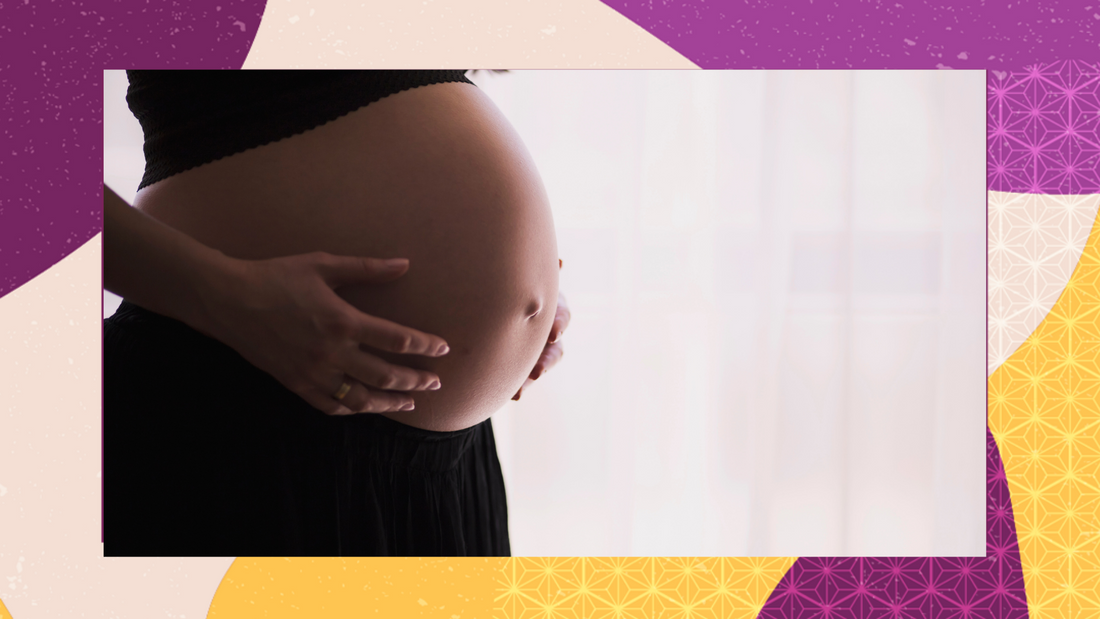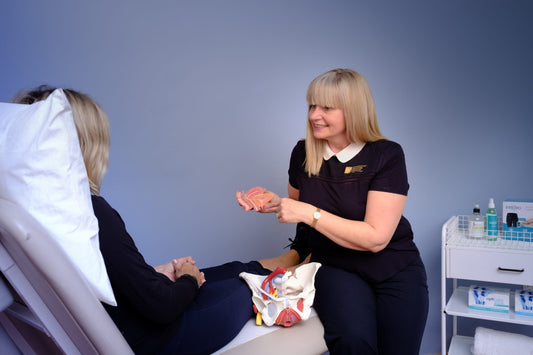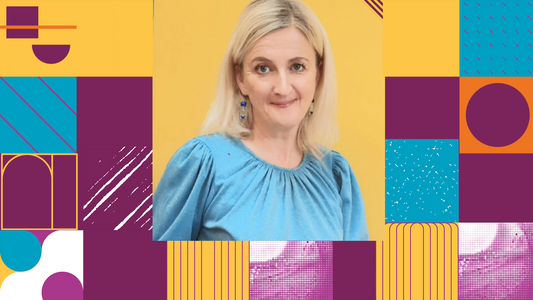Getting pregnant during peri-menopause: The facts
You are fit, healthy, and in your 40s. That means you might be in peri-menopause.
If you want to have another – or indeed, a first – baby, what does this mean for your fertility? What about if you don’t want another child?
Fertility in older women
Many women now in their late 30s or early 40s look and feel fantastic. The thought of anything associated with menopause might feel ridiculous. However, regardless of your height, weight, and how old you look and feel – scientifically, your fertility will be in decline from 35+.
Your eggs can even be ‘older’ than you are. You might be 37, but your chances of getting pregnant naturally could be more akin to a woman aged five years older or more.
And while you can technically still get pregnant naturally if you’re in peri-menopause, your chances are pretty low; they are probably just 1 or 2%. You should consider your family history as well. If your mother or grandmother was in peri-menopause in her late 30s or early 40s, then then the likelihood of you going through it then increases.
It’s easy to assume that we have all the time in the world to conceive. Of course, for some women getting pregnant naturally at 35 or older is easy, but there is a higher chance you might struggle – and that can be stressful.
Don’t give up hope
Nevertheless, at KeyForHer, we don’t believe any woman should give up hope or panic. Your reproductive life is certainly not over just because you’re older and want a baby. The more we talk about peri-menopause, the better! When we reach peri-menopause, we still have plenty of options when it comes to getting pregnant. The most important thing is to talk about those options with health professionals, take action as early as possible. This way you can explore every avenue available.
Keep in mind that while peri-menopause means you will experience unpredictable ovulation cycles (as oestrogen and progesterone hormone levels go up and down), your ovaries will continue to release eggs, which means you can still become pregnant.
The bottom line is if you haven’t reached menopause – defined as 12 straight months without a period – you can still get pregnant. Certainly, you shouldn’t blindly accept that you can’t get pregnant.
Similarly, women with a history of infertility might assume they can’t get pregnant in their 40s. The same goes for women with premature ovarian failure.
How to tell if you’re pregnant or peri-menopausal
Many pregnant women’s only symptom is missing a period, which can be confused with peri-menopause. Pregnancy is still an option if you’re in peri-menopause and have irregular periods. If you are unsure, do a pregnancy test if you’re in your 40s or 50s, menopause is not confirmed, and no form of contraception has been used.
Remember, ignoring possible pregnancy will only delay medical care, which could be risky.













